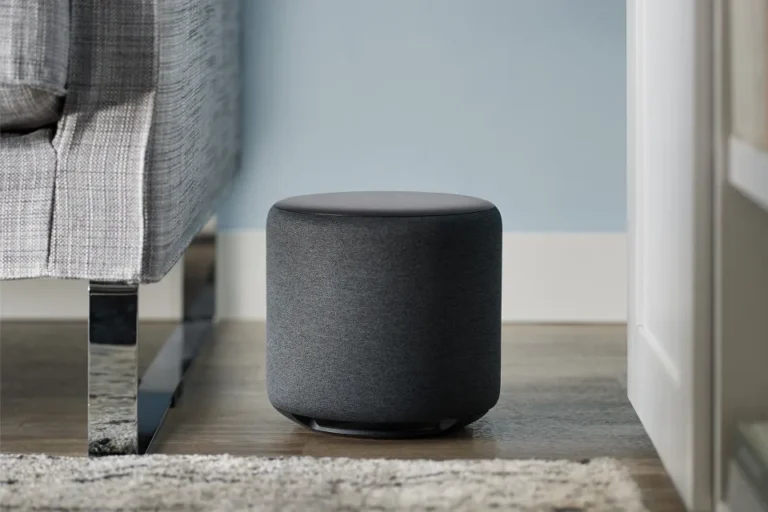Additional time is required for the new Alexa to learn how to perform certain pretty fundamental tasks.
If you are wondering what happened to the updated and improved version of Amazon’s voice assistant, Alexa, you are not the only one who is wondering about this. However, according to Bloomberg, the new Alexa is still in the process of being developed, and Amazon has blocked access to its beta phase, which includes its new “Let’s Chat” phase. As a consequence of this, the launch that was originally scheduled for the latter half of 2024 has been moved to the next year.
It appears that the issue lies with its large language models, also known as LLMs. The latest version of Alexa is supposed to understand more complex questions from users, but it is also more likely to fail at executing some of the most fundamental things that the previous version could accomplish rather simply, such as setting a timer or controlling smart lights, according to a follow-up story from The Verge.
Although Amazon had originally intended to launch its next version of Alexa AI in October, the company has now decided to push back the release date to the following year. (As you may have observed, the month of October has reached its conclusion.) According to the initial calendar, the next evolutionary step in Alexa’s progress was scheduled to be introduced on October 17; however, Amazon made the decision to change their plans and instead utilized that date to showcase their new line of Kindle portable readers. After that, in the month of August, it was reported that the new Alexa would be powered by Claude AI, which is owned by Anthropic, and would come with a monthly subscription to pay for.
In the summer of 2023, in response to the growing popularity of ChatGPT, Andy Jassy, the CEO of Amazon, sought to determine whether or not Alexa could compete with ChatGPT if it were to receive an AI upgrade. According to reports, Jassy began bombarding Alexa with questions on sports “like an ESPN reporter at a playoff press conference,” and the responses that Alexa provided were “nowhere near perfect.” It was even used to make up a score for Jassy in a recent game.
Despite this, Alexa was able to pass the good enough stage, and Jassy and his other executives believed that their engineers would be able to construct a beta version by the beginning of 2024. It is unfortunate that Amazon was unable to achieve the timeframe that it had set.
However, despite the increased date, the new Alexa still has a significant amount of work to do in order to resolve its issues. In an interview with Bloomberg, a number of employees stated that the issue lies beyond the inner workings of Alexa and is related to Amazon’s overburdened management as well as the absence of “a compelling vision for an AI-powered Alexa.”

